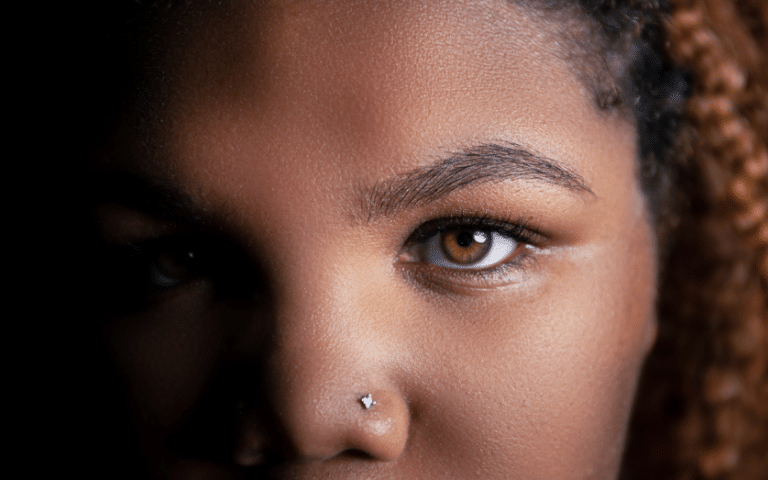
Media Frenzy just returned home from SXSW, and to say it was a remarkable experience would be an understatement. From the immersive demos by some of the tech industry’s biggest names to the unlimited networking opportunities to the inspiring panel discussions, there was something truly electrifying about this conference.
But, one topic materialized again and again throughout the week. The #MeToo movement and, specifically, women in tech was a collective focus for attendees and speakers, with keynotes equally split between women and men this year. Because of this inclusion and diversity among panelists and the audience, SXSW was a huge success for everyone.
Our team was present for many powerful panel discussions, but several stuck out as trailblazers for change. Melinda Gates hosted the interactive keynote The Company We Keep, and took on the subject of creating a workplace that works for everyone. During the discussion, she stated that being excluded and not fitting in as a minority or woman “is a story that repeats itself industry after industry, generation after generation.” Gates then rallied the audience to commence a “radical redesign of the 21st century workplace,” by including equality in every communication. Additional speakers included Stacey Brown-Philpot from TaskRabbit, Joanna Coles from Hearst Magazines, and Nina Shaw from entertainment law firm of Del Shaw Moonves Tanaka Finkelstein & Lezcano who addressed how innovative tech, improved business values, and a shift in social behavior can redefine the future of inclusion. As Gates ended her panel, she stated, “Ten years from now, these guys are going realize all the deals they left off the table [by not investing in minorities and women] and think that it was crazy that more money wasn’t flowing in that direction.” Out of session, the conversations continued and focused on how women can have the same opportunities as men, and how having an inclusive workforce makes a positive impact on a business, culturally and financially.
For Us By Us: Marketing for the Global Majority, another compelling session our team attended, concentrated on how companies need to create media-based tactics with marketing that end the labels placed on Black Womayn (self-identifying women) and their communities. Presenters Kristina Brown and Fatima Mann of Counter Balance: ATX spoke about the shortage of inclusive marketing and how these businesses can become more culturally responsive.
An all-female panel presented Making Tech Work for People: NYC@SXSW Hosted by Mastercard, where the future of urban inclusive business initiatives are being fostered through the vision of Mayor Bill de Blasio and NY based corporations. We also had the pleasure of being present for Trucking Tech: Regulations, Ridesharing and Robots, a discussion about the impact of tech on the (male-dominated) trucking industry, which was interestingly moderated by Lori Heino-Royer, Director of Business Development for Daimler Trucks North America.
#MeToo may have begun in the entertainment industry; however, SXSW was the ideal forum to expand this movement into other businesses, as the conference brings film, music, and technology together in a unique way. And, like the world of entertainment, technology firms have been culpable when it comes to a lack of inclusion. Nevertheless, thanks to forums like SXSW and the women that dominated this year, positive changes are inevitable.